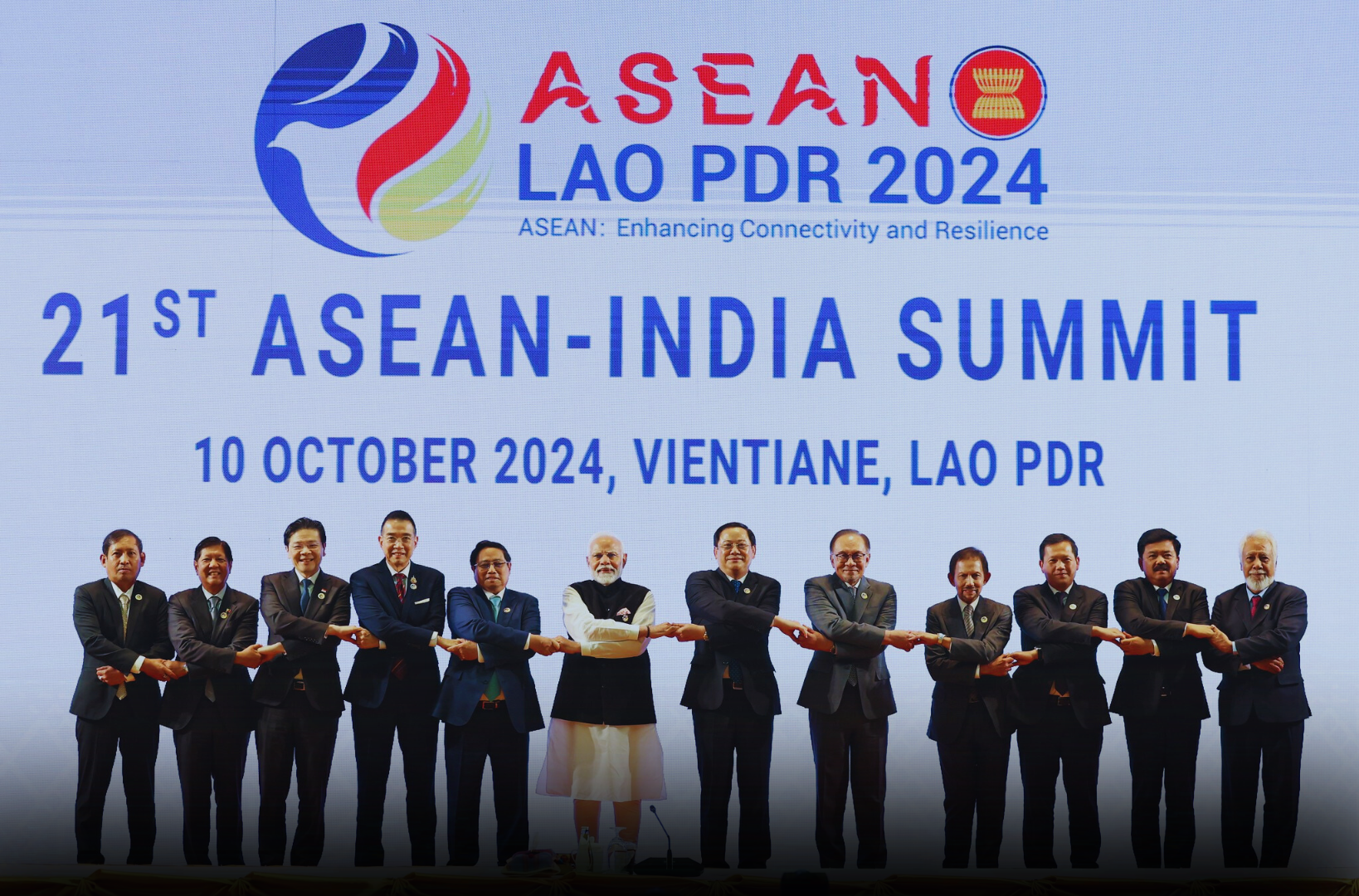We are delighted to introduce our new editorial leadership.
In this In Brief discussion, Editor-in-Chief Dr Yatana Yamahata and Managing Editor Naledi Tilmann share their vision for the platform’s future, outlining a renewed focus on inclusive Indo-Pacific analysis that highlights under-represented states, youth-led movements, and non-state actors shaping regional security.
Read More













